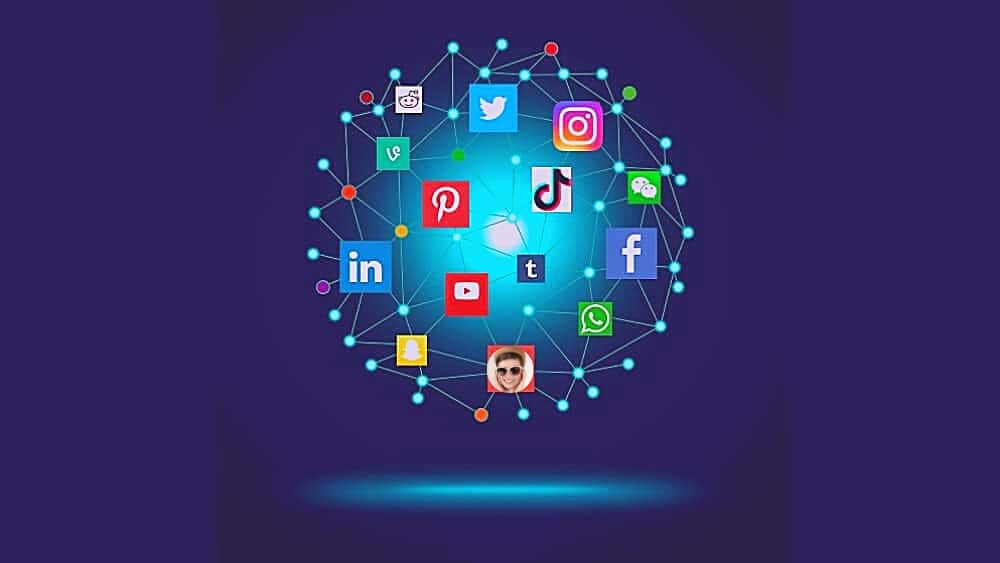We should code in an eco-friendly way to reduce greenhouse gas emissions. Is this a real trend in the digital world?
Watching movies on Netflix, attending classes virtually, staying in touch with friends and family through FaceTime… It’s not surprising that our digital consumption has exploded. These activities consume data and, in turn, generate carbon dioxide (C02), the greenhouse gas whose emissions must be reduced to limit climate change. It is estimated that a single query in the Google search engine would emit between 1 and 10 g of C02. In 2020, a group of researchers led by Mohamed Cheriet, from the École de technologie supérieure (ETS), estimated that information and communication technologies “are responsible for 4% of the greenhouse gases (GHGs) produced by human activity, slightly more than the global aviation industry.
As possible solutions, there would be that of better coding software, platforms and applications of all kinds. It’s called green programming or green coding. Electrical engineering professor Kim Nguyen, from ETS, emphasizes that this is not a new computer language, “but a way to optimize the energy consumption of a program or an application to indirectly reduce greenhouse gas emissions.
According to Thierry Leboucq, president of Greenspector, a French company that measures the environmental footprint of digital technology, green programming is not just a trend. Involved in an association bringing together eco-designers, he has seen a change in mentality over the last ten years. “More and more developers want to make efforts to reduce their impact on the planet and integrate this dimension into their work when they build a website, a mobile application or a connected object.”
The Tiktok platform is an example of a data-intensive application? Tik Tok, popular with young people, downloads several videos in advance without the user noticing. This pre-downloading provides a better browsing experience, allowing users to switch between videos without delay. However, it could very well be that the user never watches these videos that have been downloaded, hence a digital “waste”. Thierry Leboucq compares this situation to a tap from which one would let water flow to take a glass, but which would fill in the end a complete bath which one does not need at all.
Start coding green but to what extent?
While programmers can make digital products that are less energy intensive, in reality, these practices are not that widespread.
“It’s already a big challenge to implement a high-performance program that meets the customer’s expectations. It’s hard to ask a team of programmers to put in an extra week of work to optimize the code to be greener,” says Kim Nguyen.
Instead of improving the code, he suggests using a greener “compiler” instead. A compiler is a kind of program that transforms human-made code so that it can be understood by the computer. “There’s a lot of research right now trying to optimize these compilers. When the compiler translates into the machine’s language, there are ways to do it in a greener way and optimize that process in terms of energy,” adds Professor Nguyen.
It’s also important to consider that greener programming can quickly become outdated, because in digital, things change quickly. “An ‘eco-designed’ product will not be able to be used ad vitam aeternam. Digital is not like a wooden product, for example, which is made to last a long time”, underlines Thierry Lebourcq.
Programming with an environmental conscience is far from being the only way to significantly reduce greenhouse gas emissions. Giulio Antoniol, professor of computer and software engineering at Polytechnique Montréal, expects to see a mix of solutions emerge, such as more efficient programming languages and intelligent devices. More responsible consumption habits for all of us would also have an effect. “We can do better on the technology side by programming software that uses less energy, but I think our attitude as citizens needs to change as well.”
While consumers and developers are part of the solution, web giants such as Google, Facebook and Microsoft could also adopt a green conscience. “Governments could push to force these big companies to follow this approach,” illustrates Kim Nguyen.



Comment here